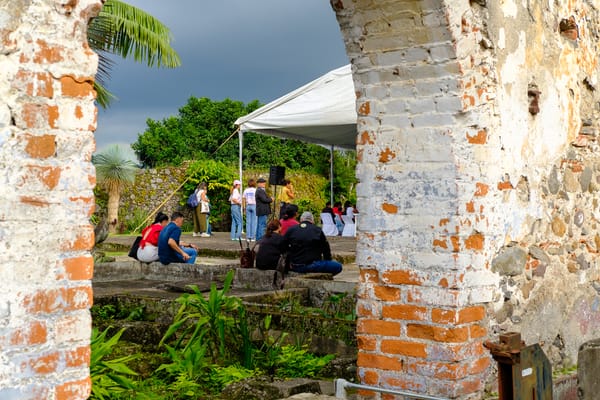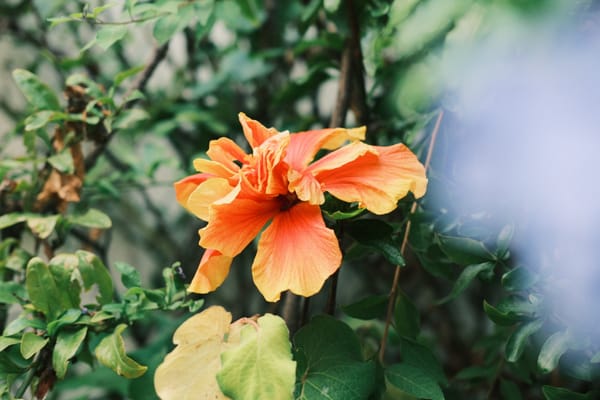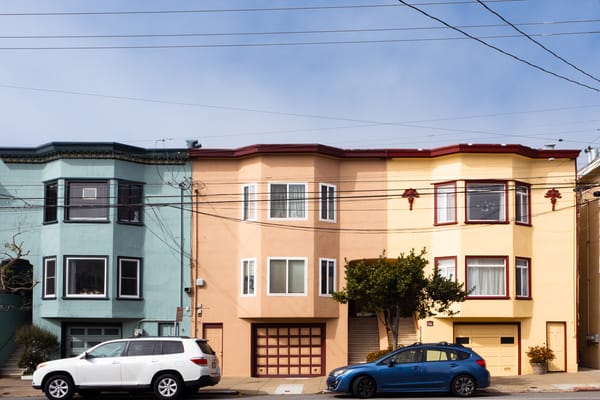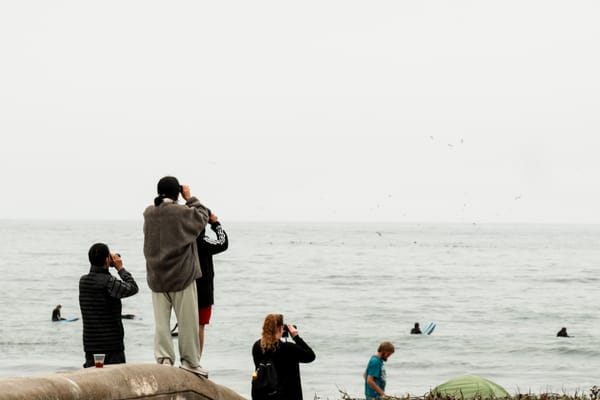Traveling with intent
A counter to the viral article that tried to make a case against travel
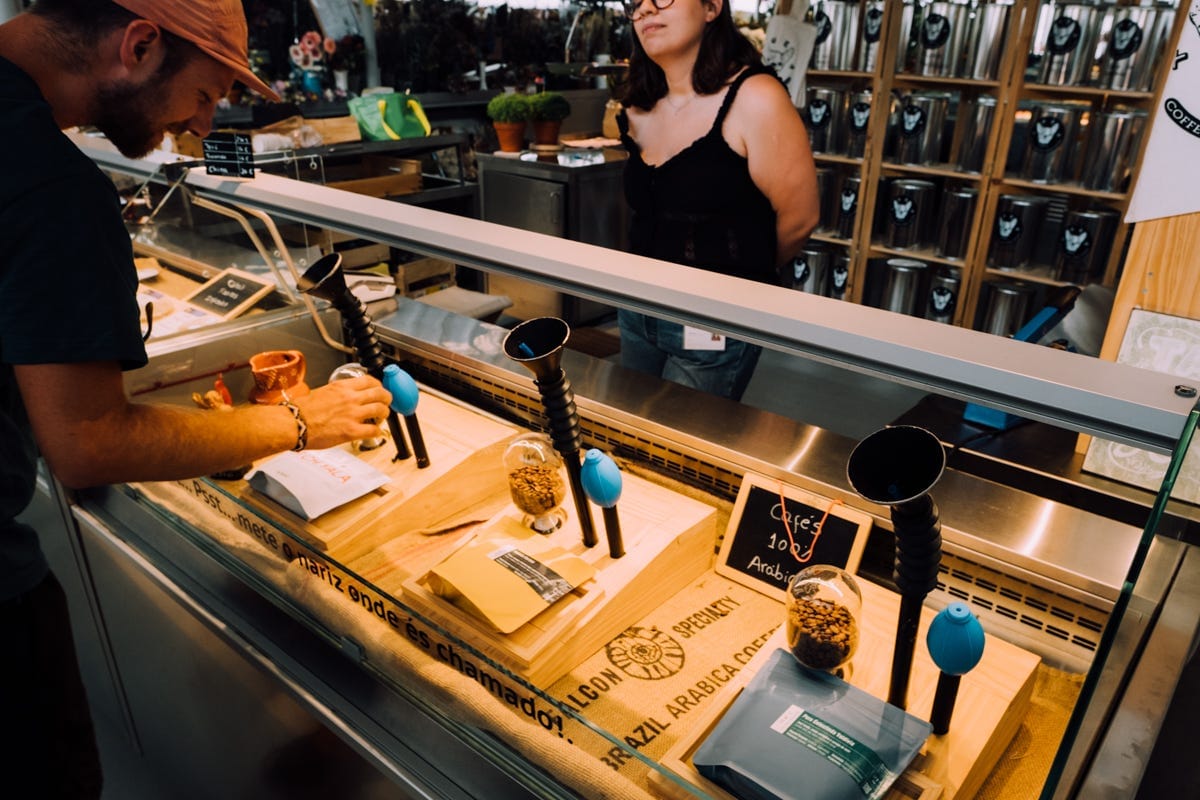
📝 Notes from Jenn:
I’m in the middle of editing my photo contract templates and, 11 years of freelancing later, I’ve only now learned that you should not be saying “50% deposit/retainer,” because it won’t hold up in court. Deposits and retainers are refundable, so instead, my language is going to be “non-refundable date reservation fee.” It’s also going to be a flat rate and not a 50/50 services cost split, which is why I have it termed as a “fee.”
🛠 Current project: Well, I’m traveling all next week. Three cities in one week (attending a wedding in Columbus + visiting boyfriend’s family in Atlanta + a day off in Savannah). I’m tired just thinking about this, but I am excited about good food and coffee.
🔏 Last week, paid subscribers received an essay on how I’ve been enjoying Bluesky, but no more than 24 hours later, I learned about the leadership issues.
🍩 What I ate/drank/snacked on:
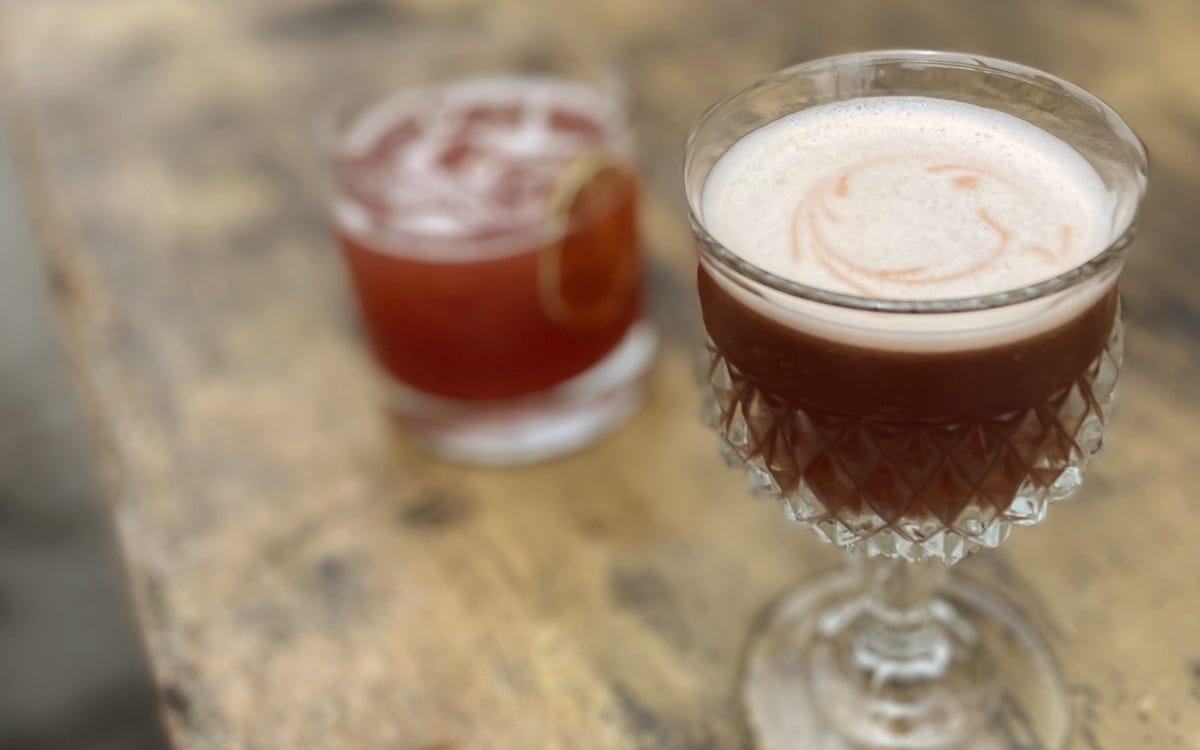

Traveling with intent
If there’s one thing I (re)learned from visiting Porto, it’s that I love traveling. I love to travel, but I am not one to live for traveling. It’s a favorite hobby; it’s not an identity.
This particular essay in the New Yorker, “The Case Against Travel,” has made the digital rounds and received plenty of backlash1. You can hate read it, but to be honest, it’s not worth the freemium article. If you really insist on reading it, I uploaded a copy below.

The Case Against Travel | The New Yorker1.36MB ∙ PDF fileDownloadDownload
I found it so confusing and astonishment-inducing with every paragraph that I had to wonder if it was actually written for the reactions. The general premise is that the writer does not think traveling is worth anything and that we aren’t any better because of it. The only thing I agree with is that I also dislike people who make traveling their whole identity.
And, although people like to talk about their travels, few of us like to listen to them. Such talk resembles academic writing and reports of dreams: forms of communication driven more by the needs of the producer than the consumer.
I personally love to hear about my friends’ adventures, whether it’s what happened at home or abroad. Tell me about your toddler’s potty training failures, your dog’s persistent glaring, the street food you ate in Singapore. Isn’t part of being a friend just listening to what gets them excited?
For example, a decade ago, when I was in Abu Dhabi, I went on a guided tour of a falcon hospital. I took a photo with a falcon on my arm. I have no interest in falconry or falcons, and a generalized dislike of encounters with nonhuman animals. But the falcon hospital was one of the answers to the question, “What does one do in Abu Dhabi?” So I went. […]
I entered the hospital knowing that my post-Abu Dhabi life would contain exactly as much falconry as my pre-Abu Dhabi life—which is to say, zero falconry. If you are going to see something you neither value nor aspire to value, you are not doing much of anything besides locomoting.
No one is forcing you to do any of this. The thing that I’ve learned from traveling solo is that you get to determine what you want to do. This writer did falconry because “that was the thing to do.” First, falconry sounds fucking awesome. In an alternative timeline, I would be a wildlife veterinarian who specializes in raptor rehabilitation. Whenever I’ve worked with them, I’ve been in awe of their power and intelligence. But second, why in the world would you go to a falcon hospital when you have a dislike of animals?? And then somehow decide that this was the story to demonstrate the case against travel?
For example, a decade plus ago, when I was in Florence, I went to the Florence Museum. I probably took a photo of the statue of Michelangelo’s David. I have no interest in Renaissance art nor busts. But the statue was one of the answers to the question, “What does one do in Florence?” So I went.
Instead of concluding that travel was shit, I learned that I should do the things I want to do when I travel, not necessarily what others recommend doing. They’re exactly that: recommendations. Now I ignore recommendations for museums known for Renaissance art because I’d rather spend that money on gelato.
A similar argument applies to the tourist’s impulse to honor the grand sea of humanity. […] During my Paris wanderings, I would stare at people, intently inspecting their clothing, their demeanor, their interactions. I was trying to see the Frenchness in the French people around me. This is not a way to make friends.
After reading this, I understood why the writer didn’t care about travel. Clearly, she doesn’t know how to travel or why she’s traveling in the first place.
The single most important fact about tourism is this: we already know what we will be like when we return. The traveller departs confident that she will come back with the same basic interests, political beliefs, and living arrangements. Travel is a boomerang. It drops you right where you started.
The writer continues on to say that you can’t rely on introspection for changes; you have to see if your friends notice any changes in you. If you have not learned anything while you’re traveling, then you should not be traveling.
I can give you a big list (I won’t, don’t worry) of what I learned on my most recent trip, ranging from the tiny to the large, and all impactful in some way. One such example before I go into others is how Turkish Airlines has some of the best food I’ve had on any long-haul flight.
In Athens, I visited the Benaki Museum for its Nelly’s exhibit (cw: links contain some nudity). I learned about Nelly’s photography history, methods, styles. I took photos of the photos that inspired me, the ones that made me think about my own style and composition. Her ability to capture the dancers in such crispness with the equipment she had? Remarkable.


Some of the photos of photos
I also ate some of the best seafood of my life, literally sitting at a table on the beach. No amount of reading or research would’ve substituted for the warmth I felt in the Mediterranean when I walked into it or the half-built and abandoned buildings that were scattered around—a stark reminder that Greece’s economy hasn’t quite recovered.
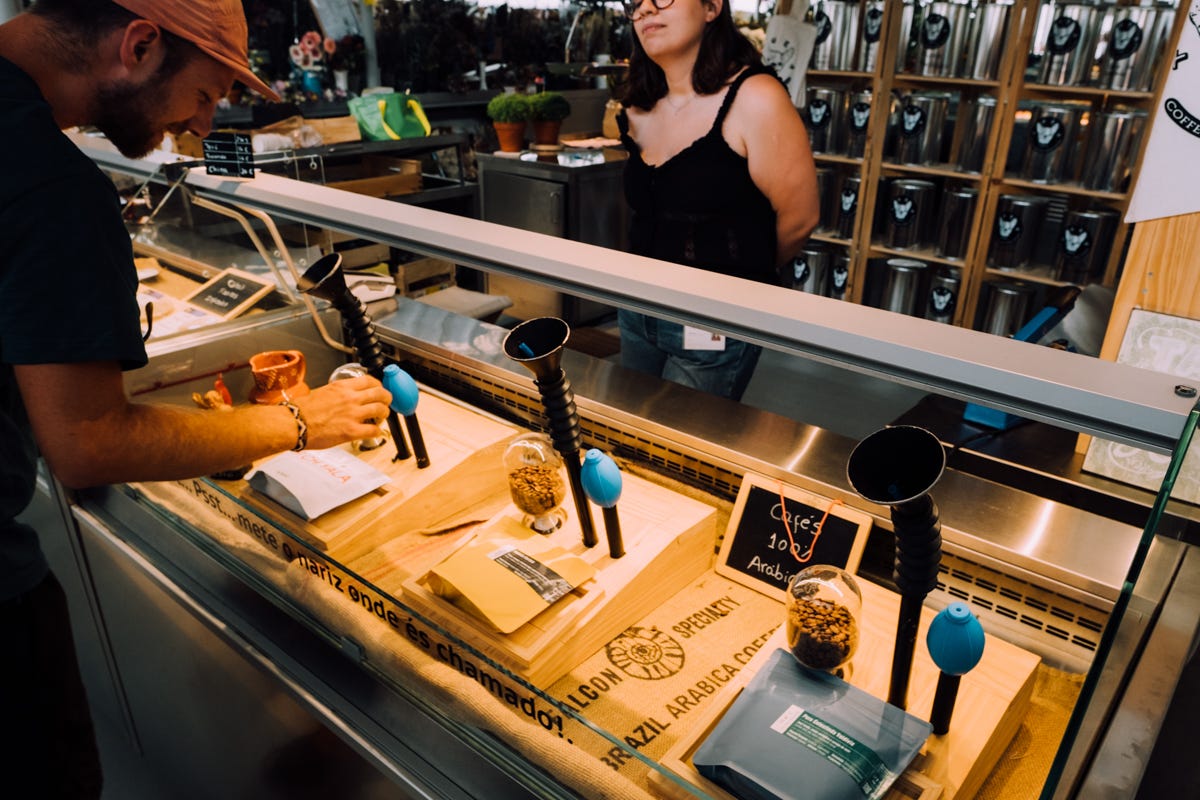
In Porto, I visited a free photography museum that was converted from a prison. I learned about the people who were unfairly imprisoned and also about how companies used to make swag cameras (I vote to bring these back!).
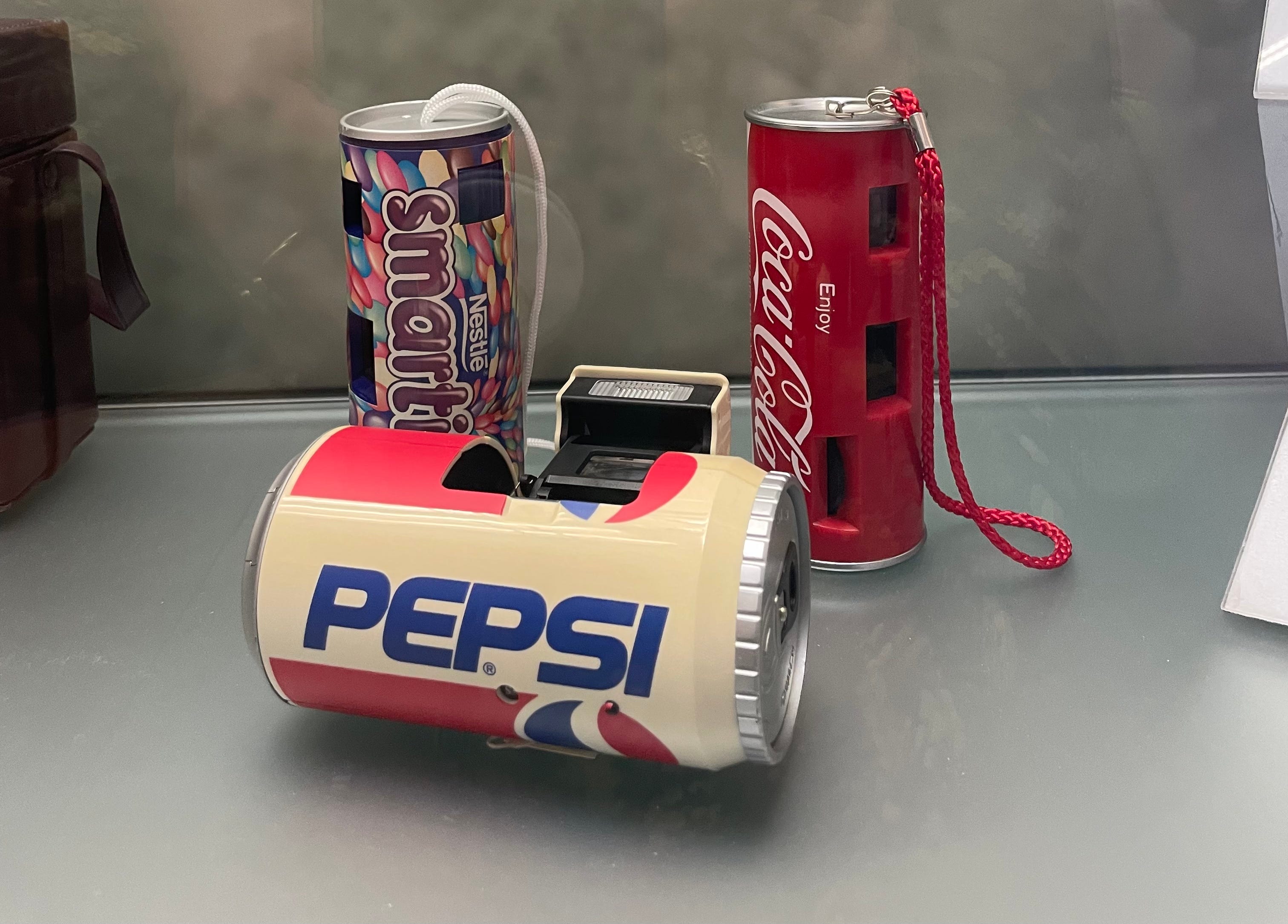
On this trip, I became more interested in taking my camera out, keeping it out (in the face of my social anxiety), snapping architecture and street shots. I know for a fact that this trip really pushed me out of my comfort zone as a photographer and it’ll show up in my work.
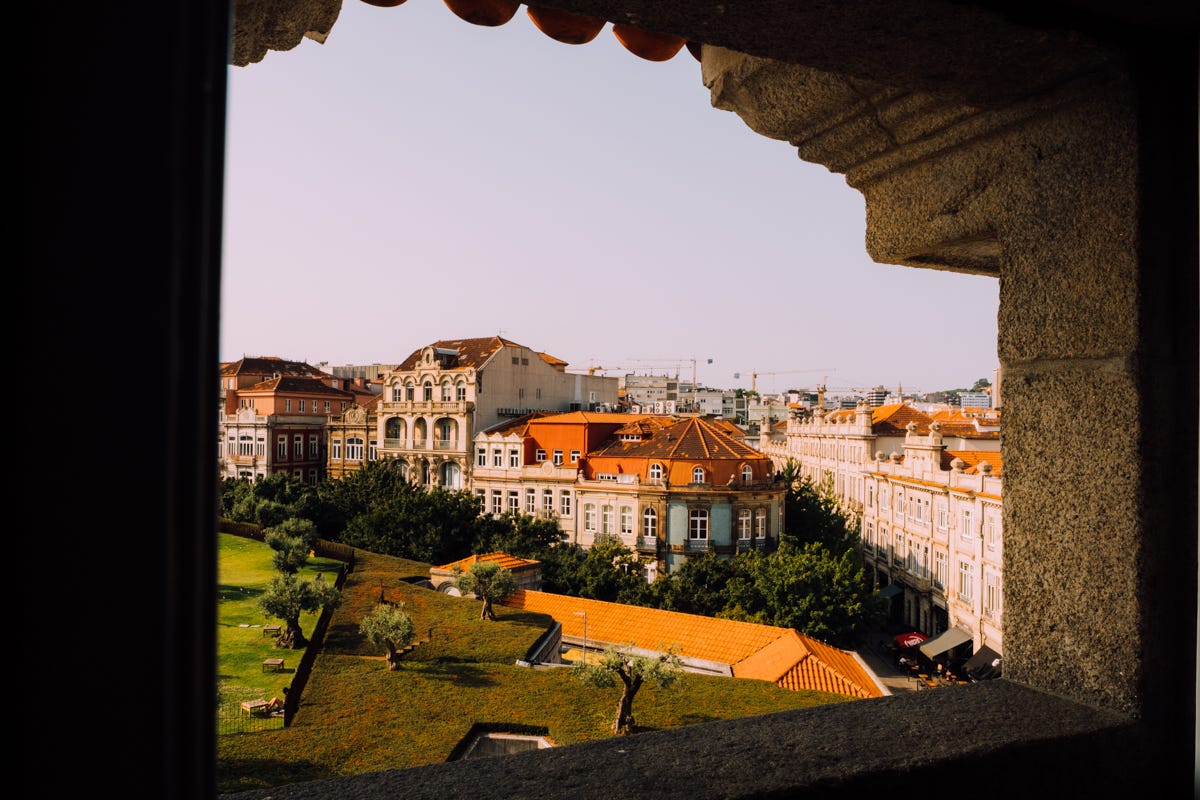
I don’t believe that every trip will come with some life-changing revelation. But I do believe that if you travel thoughtfully, with intention, with respect to the destination’s culture and people, with a sense of humbleness and wonderment, there will surely be memories that influence you—whether or not your friends notice the changes.

👀 interesting reads
- How second-generation owners of 99 Ranch are turning the Asian supermarket into a national powerhouse [Los Angeles Times]
On the logistics end, the company had to figure out a lot from scratch: how to transport live fish into the store, import food from Asia, and create a network of farms that could grow hard-to-find vegetables like water spinach and bitter melon that their consumers wanted and craved. “Initially it was just [Roger] calling up like random suppliers in Taiwan asking if they would ship to America,” Alice says.
- Lean In or Log Off? [Eater]
If “any press is good press,” then the modern social media sphere offers a new aphorism: Any engagement from viewers is engagement all the same; it boosts the algorithm, ultimately in favor of a creator. Thus, a tenuous push-pull dynamic grows between food stars and their haters: They don’t want them, but might also… need them to an extent?
But that lack of transparency was part of the problem: Viewers couldn’t tell how much money was being made off of a blogger’s content, or if the children featured in that content were getting a cut, or how the children felt about being featured in the first place.

My edible garden produced another harvest! I grabbed a bunch of spinach and four very tiny carrots to give space for others to grow. The nasturtium is also taking over the planters, but producing flowers that, as my friend calls them, will become “aphid hotels.”
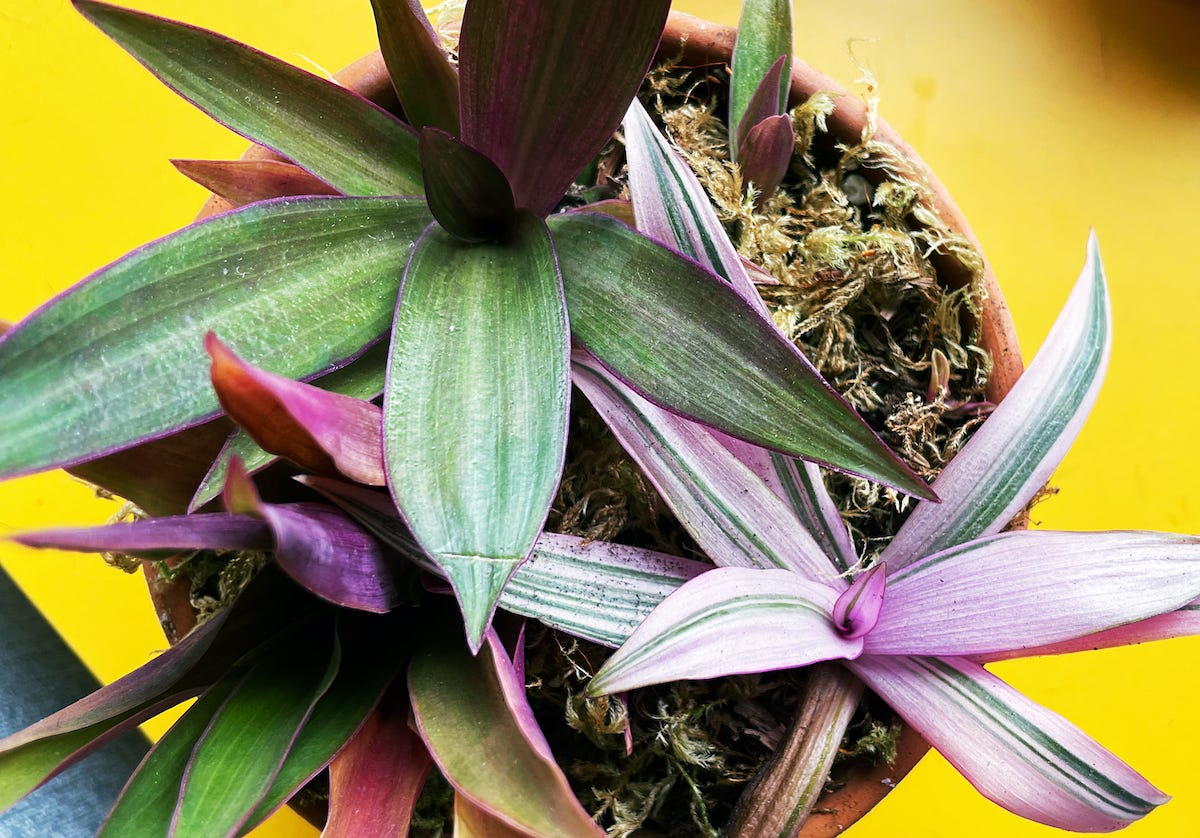
If you google “the case against the case against travel,” lots of articles pop up ↩

